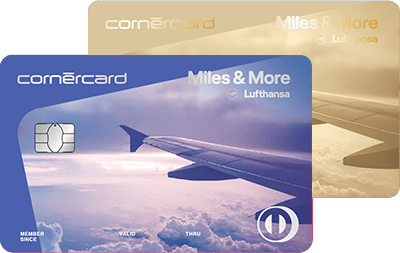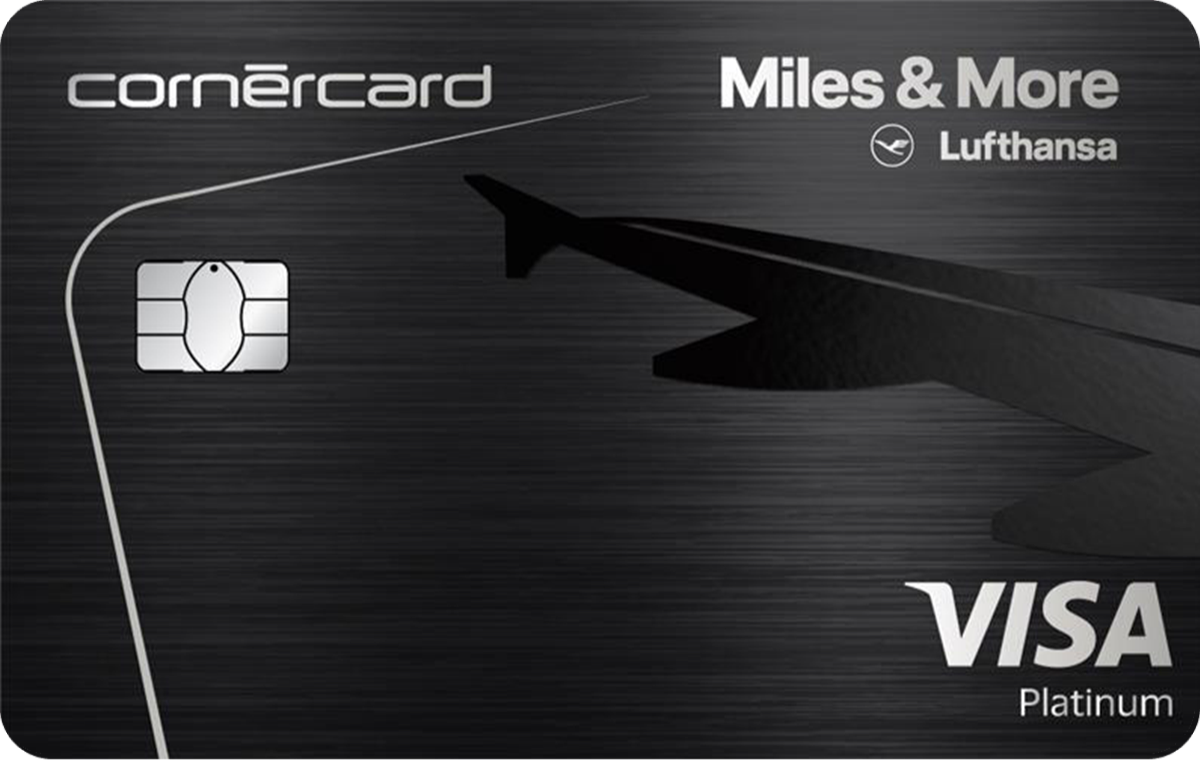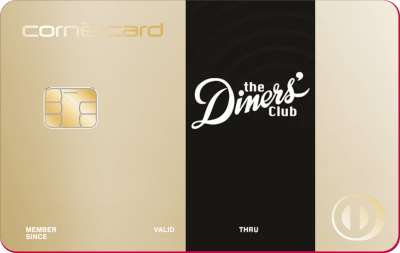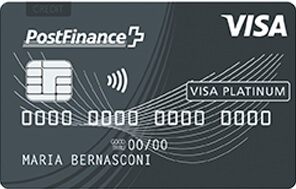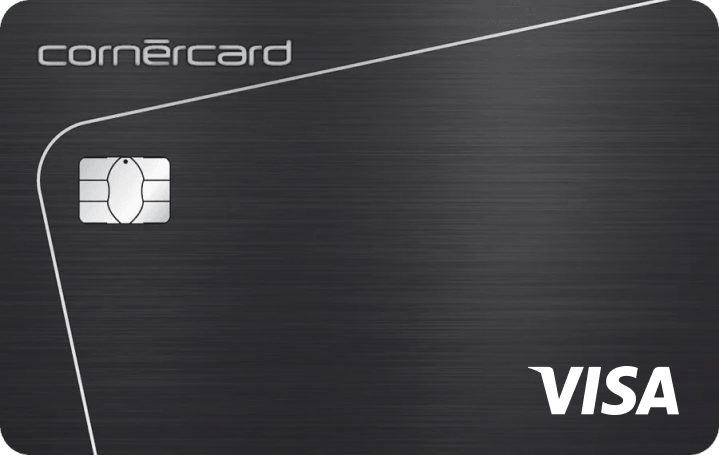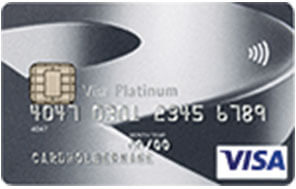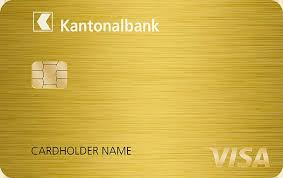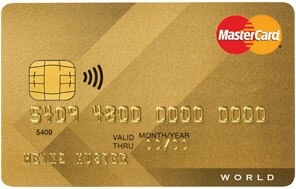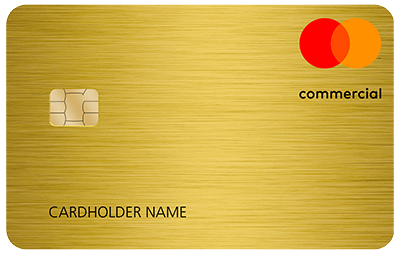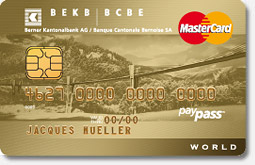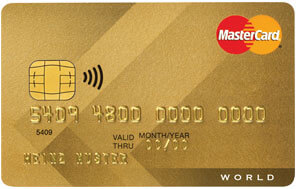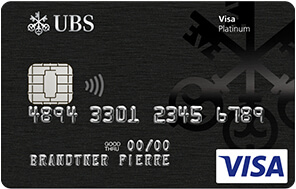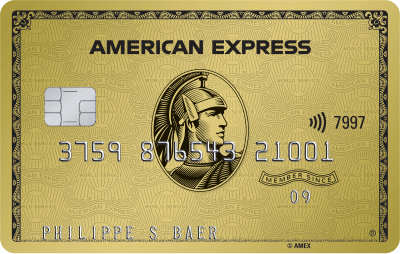Understanding Travel Credit Cards in Switzerland
The best travel credit cards in Switzerland transform everyday spending into flights, hotel stays, and travel experiences. Swiss travel cards operate primarily through airline miles programs—particularly Swiss Airlines Miles & More—or flexible points systems convertible to various travel partners. Unlike straightforward cashback options, miles credit card Switzerland programs require strategic earning and redemption to maximize value.
Swiss travel cards distinguish themselves through comprehensive travel insurance packages often worth thousands of francs in standalone coverage. Premium options include medical evacuation up to CHF 1,000,000, trip cancellation protection, luggage insurance, and rental car coverage. For frequent travelers, these insurance benefits alone can justify annual fees.
The Swiss market emphasizes partnership with SWISS (Swiss International Air Lines) and the broader Lufthansa Group through Miles & More. This concentration differs from markets offering diverse airline partnerships, making program familiarity crucial for Swiss residents seeking optimal travel rewards.
How Swiss Travel Credit Cards Work
Miles Earning Mechanisms
Miles accumulation typically follows a straightforward formula: CHF spent equals miles earned, with ratios ranging from 1:1 to 2:1 depending on card tier. Premium travel cards offer bonus categories—typically travel bookings, dining, or fuel—earning 1.5x to 3x miles. Base earning applies to all other spending.
Swiss Airlines partnerships dominate the miles landscape. Miles & More remains the primary program, offering redemptions on SWISS, Lufthansa, Austrian, and Star Alliance partners globally. This network covers extensive destinations but concentrates earning and redemption within one ecosystem.
Elite status accelerators appear on premium cards, offering automatic status levels or accelerated qualification. Status benefits include priority boarding, extra luggage allowance, and preferential seat selection—valuable perks for frequent SWISS travelers.
Points vs. Miles Programs
Some Swiss travel cards offer flexible points rather than airline-specific miles. These programs allow conversion to multiple airline or hotel partners, providing redemption flexibility. Conversion rates vary—typically 1:1 to 2:1 points to miles—affecting actual value.
Hotel points programs include partnerships with Marriott Bonvoy, Hilton Honors, or independent Swiss hotel groups. Cards emphasizing hotel rewards suit business travelers or those preferring accommodation over flight benefits. Mixed-use cards balance airline and hotel earning potential.
Travel Insurance Coverage
Swiss travel card insurance operates on automatic coverage when trip costs charge to the card. Coverage typically includes:
- Medical emergencies abroad: CHF 100,000 to CHF 2,500,000 depending on card tier
- Trip cancellation/interruption: Reimbursement for prepaid, non-refundable expenses
- Luggage loss/delay: CHF 1,000 to CHF 5,000 coverage
- Travel delay: Meal and accommodation reimbursement after specified delays
- Rental car insurance: Collision damage waiver eliminating dealership charges
Premium cards extend coverage to family members traveling with the cardholder, while basic cards cover only the cardholder. Verify coverage terms, particularly medical pre-existing condition exclusions and geographic limitations.
Top Travel Card Categories
Premium Miles Cards
High-tier miles cards charge annual fees between CHF 250 and CHF 500, delivering superior earning rates—typically 1.5 to 2 miles per franc spent. These cards target frequent travelers accumulating significant miles annually, with comprehensive insurance packages and airport lounge access.
Premium cards often include annual travel credits—CHF 100 to CHF 200 toward airline or hotel bookings—effectively reducing net annual fees. Additional perks like priority check-in, fast-track security, and upgrade vouchers enhance the travel experience beyond pure miles accumulation.
No Foreign Transaction Fee Cards
Zero foreign fee travel cards eliminate the typical 1.5% to 2.5% international transaction charges, critical for travelers using cards abroad. When combined with miles earning, these cards deliver positive returns on international spending rather than net costs.
Calculate savings: CHF 10,000 annual international spending at 2% foreign fees costs CHF 200 yearly. A card eliminating these fees while earning miles provides substantial value even with moderate annual fees. For comprehensive foreign spending optimization, compare with options on our Best Credit Cards in Switzerland overview.
Hotel-Focused Cards
Hotel partnership cards prioritize accommodation points over airline miles, partnering with major chains like Marriott or independent Swiss hotel groups. These cards benefit business travelers with predictable hotel needs or leisure travelers preferring hotel point redemptions over flight complexity.
Hotel cards frequently offer automatic elite status with partner chains, providing room upgrades, late checkout, and bonus points on stays. For mixed travelers, consider whether your spending concentrates more on flights or hotels when selecting specialized cards.
Swiss Airlines Co-Branded Cards
SWISS-specific cards offer the deepest integration with Miles & More, often providing bonus miles on SWISS bookings—2x to 4x standard rates. Additional benefits include priority boarding, checked luggage allowances, and potential lounge access depending on tier.
Co-branded cards tie your rewards exclusively to SWISS and Star Alliance. This concentration maximizes value if SWISS serves your primary routes but limits flexibility compared to cards offering diverse airline partnerships.
Entry-Level Travel Cards
Accessible travel cards with annual fees under CHF 100 introduce travel rewards without premium commitments. These cards typically offer 0.5 to 1 mile per franc spent with basic travel insurance—medical coverage around CHF 100,000 and minimal trip protection.
Entry cards suit occasional travelers testing travel rewards or those building toward premium options. They provide meaningful benefits at accessible price points, though lacking the comprehensive coverage and accelerated earning of premium alternatives.
Key Features Comparison
Annual Fees and Break-Even Analysis
Travel card annual fees span CHF 0 to CHF 500+. Break-even calculation requires valuing miles earned: (annual spending × earning rate × mile value) - annual fee = net benefit. Mile values vary—economy redemptions might value miles at CHF 0.01 to CHF 0.02, while business class redemptions reach CHF 0.05 to CHF 0.08 per mile.
A CHF 300 annual fee card earning 1.5 miles per franc on CHF 30,000 spending generates 45,000 miles. Valuing miles conservatively at CHF 0.02 equals CHF 900 benefit minus CHF 300 fee = CHF 600 net benefit. Include insurance value for complete assessment.
Earning Rates and Bonus Categories
Base earning rates range from 0.5 to 2 miles per franc across all spending. Bonus categories multiply earnings:
- Travel bookings: 2x to 4x miles
- Dining: 1.5x to 2x miles
- Fuel stations: 1.5x to 2x miles
- General spending: 1x base rate
Premium cards offer higher base rates and more generous bonus categories, but require proportionally higher spending to justify increased fees. Calculate your category spending distribution to assess whether bonus rates deliver meaningful value.
Lounge Access Programs
Airport lounge access ranges from limited Priority Pass memberships to unlimited access at Swiss airports and Star Alliance lounges globally. Entry-level cards might include 2-4 annual lounge visits, while premium options provide unlimited access for cardholder plus guests.
LoungeKey and Priority Pass networks cover hundreds of lounges worldwide, though individual lounge quality varies. SWISS-specific lounges at Zurich and Geneva airports offer premium experiences for frequent domestic travelers. Consider your travel frequency and typical airports when valuing lounge access.
Companion Benefits and Family Coverage
Family travel insurance extends coverage to spouses and dependent children on premium cards, multiplying insurance value for families. Basic cards typically cover only the cardholder, requiring additional insurance purchases for family members.
Companion vouchers occasionally appear on ultra-premium cards—annual vouchers for discounted or complimentary companion tickets on qualifying flights. These benefits suit couples or regular travel partners, providing significant value if utilized consistently.
Redemption Flexibility
Miles & More redemptions offer flights on Star Alliance carriers, though award availability varies by route and season. Popular routes like Zurich to New York or Bangkok require advance booking—3-6 months preferred—for optimal availability.
Flexible points programs enable transfers to multiple airline partners, providing backup options when preferred airlines lack availability. This flexibility comes with potential conversion penalties—2:1 or 3:2 points-to-miles ratios—reducing effective earning rates.
Maximizing Travel Card Value
Strategic Spending Allocation
Category optimization means using travel cards for bonus categories while alternative cards handle general spending. Use your travel card for all travel bookings, dining, and fuel to capture elevated rates, potentially using cashback cards for other categories. This strategy requires managing multiple cards but maximizes overall returns. Compare cashback alternatives on our Best Cashback Credit Cards page.
Optimal Redemption Strategies
Business class redemptions typically provide superior mile value—often 3-5x economy values—but require substantially more miles. Long-haul business class redemptions frequently deliver CHF 0.05 to CHF 0.08 per mile value versus CHF 0.01 to CHF 0.02 for economy.
Off-peak travel reduces required miles for redemptions while maintaining identical value, effectively increasing mile purchasing power. Miles & More operates dynamic pricing, but advance booking and flexible dates improve redemption efficiency.
Partner awards through Star Alliance expand redemption options beyond SWISS, accessing airlines with better availability on specific routes. Familiarize yourself with partner award charts and availability patterns to maximize flexibility.
Combining Cards for Complete Coverage
Multi-card strategies layer benefits from different cards. For example: premium travel card for miles earning and comprehensive insurance, no-foreign-fee card for international spending optimization, cashback card for non-bonus categories. This approach requires organization but delivers superior cumulative benefits.
Special Considerations for Swiss Travelers
Schengen vs. Worldwide Travel
European travel insurance on basic cards might exclude coverage outside Schengen areas, critical for intercontinental travelers. Premium cards typically provide worldwide coverage including North America and Asia. Verify geographic coverage matching your typical destinations.
Swiss Franc Billing and Currency Conversion
Most Swiss travel cards bill in CHF regardless of transaction currency, applying competitive conversion rates plus foreign transaction fees where applicable. Cards eliminating foreign fees deliver optimal conversion economics for international spending.
Multi-currency accounts on select cards allow holding EUR or USD balances, bypassing conversion entirely for spending in those currencies. This feature particularly benefits regular EU visitors or those with recurring foreign subscriptions.
Resident Permit Requirements
B permit holders qualify for most travel cards but might face stricter approval criteria and lower initial credit limits—typically CHF 5,000 to CHF 10,000. Premium travel cards might require C permits or Swiss citizenship due to higher limits and fees.
Income verification for travel cards typically demands CHF 50,000 to CHF 80,000 minimum annual income for mid-tier cards, increasing to CHF 100,000+ for ultra-premium options. Self-employed applicants need multiple years of tax returns demonstrating stable earnings.
Travel Card Issuers in Switzerland
Traditional Banks
UBS, Credit Suisse, and Raiffeisen offer travel cards integrated with existing banking relationships. These cards emphasize stability and comprehensive service but might offer less competitive earning rates than specialized issuers. Integration benefits include simplified account management and potential relationship bonuses.
Specialized Card Companies
Swisscard dominates Swiss travel card offerings through partnerships with American Express and Visa, providing diverse travel card options from entry to ultra-premium tiers. Cembra Money Bank and Cornèrcard offer competitive alternatives with varying airline and hotel partnerships.
Specialized issuers often deliver superior rewards programs and promotional offers compared to traditional banks, reflecting their credit card focus. However, they require separate account relationships outside primary banking services.
Airline Direct Partnerships
SWISS directly issues co-branded credit cards maximizing Miles & More integration. These cards offer the deepest SWISS benefits—priority services, bonus miles, potential status benefits—but limit flexibility to Star Alliance ecosystem.
Common Travel Card Mistakes
Overestimating Travel Frequency
Many consumers select premium travel cards for aspirational travel plans that don't materialize. Realistic assessment of annual travel frequency prevents paying premiums for unused benefits. One or two annual trips rarely justify CHF 300+ annual fees unless insurance value alone merits costs.
Ignoring Miles Expiration
Miles & More points expire after 36 months of account inactivity. Any earning or redemption resets the clock, but inactive accounts lose accumulated miles. Set reminders for periodic small redemptions or transactions maintaining account activity if travel frequency decreases.
Neglecting Insurance Terms
Travel insurance coverage conditions include restrictions: pre-existing medical conditions often excluded, trip costs must charge to the card for coverage, geographic limitations apply. Reading policy documents prevents unpleasant surprises when filing claims.
Suboptimal Redemption Choices
Low-value redemptions—merchandise, gift cards, economy short-haul flights—deliver poor mile value, often CHF 0.005 to CHF 0.01 per mile. Reserve miles for high-value redemptions: long-haul business class, luxury hotel stays, or aspirational trips maximizing per-mile value.
Alternative Travel Rewards
Travel vs. Cashback Cards
Cashback simplicity appeals to travelers uncomfortable with miles complexity or those flying infrequently. A 1% cashback card delivers guaranteed CHF 0.01 per franc value versus variable mile values requiring strategic redemption. For straightforward reward preference, explore our Best Cashback Credit Cards alternatives.
Calculate your effective mile redemption value—total CHF redeemed divided by miles spent. If consistently below 1.5 cents per mile, cashback cards might deliver superior practical returns despite lower theoretical travel card potential.
Premium All-Purpose Cards
Luxury cards on our Best Premium Credit Cards and Best Luxury Credit Cards pages combine travel benefits with lifestyle perks—concierge services, exclusive events, status benefits—appealing to affluent travelers seeking comprehensive solutions beyond pure travel optimization.
Tax Considerations
Miles and points generally avoid taxation in Switzerland as they're considered purchase rebates, not income. However, substantial sign-up bonuses or referral rewards might attract scrutiny. Travel insurance benefits accessed through claims don't create taxable events.
Business travel cards used for company expenses where employers reimburse costs while employees retain miles present complex tax situations. Consult tax advisors regarding personal benefit taxation from business spending rewards.
Future Travel Card Trends
Dynamic Pricing Evolution
Miles & More and other programs increasingly adopt dynamic pricing—miles required vary by demand, seasonality, and availability. This shift reduces fixed award charts' predictability, requiring greater flexibility in redemption planning and potentially reducing mile value on popular routes.
Enhanced Digital Integration
Mobile-first features include digital card numbers, virtual cards for online bookings, and app-based insurance claim filing. Real-time miles tracking and redemption booking through mobile apps streamline the travel reward experience.
Sustainability Integration
Carbon offset programs integrated into travel cards enable automatic offsetting of flight emissions, appealing to environmentally conscious travelers. Some issuers already offer this feature; expect broader adoption as sustainability concerns grow.
Cryptocurrency and Blockchain
Blockchain-based loyalty programs promise increased transparency and easier point transfers between programs. While still emerging, these technologies might eventually revolutionize travel reward ecosystems, reducing friction in multi-program participation.
Making Your Final Decision
Selecting the best travel credit cards in Switzerland requires honest assessment of your travel patterns, spending habits, and reward preferences. Start by calculating annual travel frequency—flights, hotel nights, destinations. Use this data to determine whether travel-specific cards deliver superior value compared to simpler alternatives.
Evaluate your airline loyalty. Concentrated SWISS travel justifies co-branded cards maximizing Miles & More benefits. Diverse airline usage favors flexible points programs enabling transfers to multiple partners. Hotel-heavy travelers might prioritize accommodation cards over airline-focused options.
Calculate total value: (miles earned × realistic mile value) + insurance benefit value - annual fee = net benefit. Compare this against alternatives like cashback cards or premium all-purpose cards. Include non-quantifiable benefits—lounge access, status, convenience—in your assessment.
Consider your financial situation. Premium travel cards require substantial income and clean credit history for approval. Entry-level options provide meaningful benefits at accessible thresholds, serving as stepping stones toward premium products as income and travel frequency increase.
Use GetRates to Compare all Credit Cards side-by-side, filtering by annual fees, earning rates, insurance coverage, and specific features. Our transparent comparisons eliminate bias, presenting factual information enabling informed decisions aligned with your unique circumstances.
The Swiss travel card market provides exceptional options for frequent travelers, from accessible entry cards to ultra-premium products rivaling global offerings. By systematically evaluating alternatives against your travel patterns and redemption preferences, you'll identify the best travel credit card in Switzerland for maximizing your adventures while minimizing costs. Whether accumulating miles for dream vacations or protecting yourself with comprehensive insurance, the right travel card transforms ordinary spending into extraordinary experiences.
